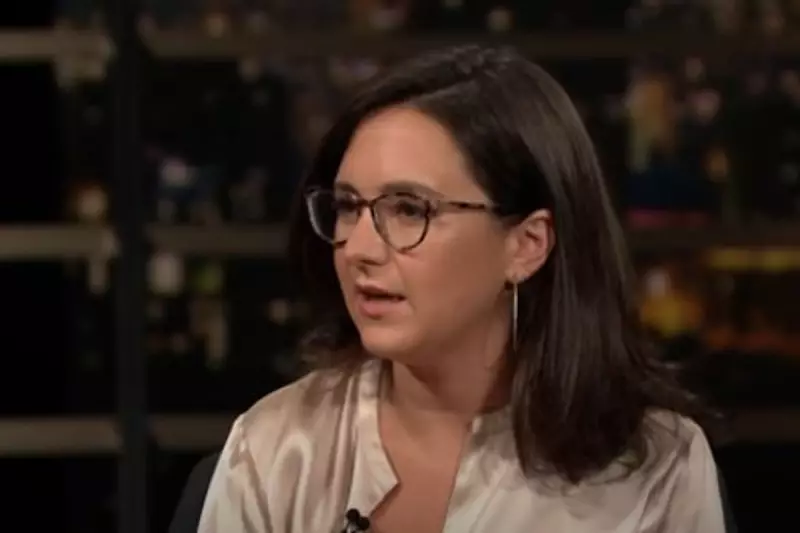
In a dramatic corporate showdown, CBS and its parent company Paramount Global are facing a monumental $14 billion lawsuit that threatens to reshape the media landscape. The legal action comes after a proposed merger spectacularly collapsed amidst political controversy involving prominent journalist Bari Weiss.
The Billion-Dollar Fallout
Shareholders have launched an aggressive legal assault, claiming they were deliberately misled about the viability of the merger between CBS and Paramount. The lawsuit alleges corporate executives knowingly concealed critical information about the deal's instability while publicly presenting a united front of confidence.
The staggering $14 billion claim represents one of the largest media-related lawsuits in recent corporate history, highlighting the enormous financial stakes involved in major media consolidation attempts.
Bari Weiss: The Controversial Catalyst
At the heart of the merger's collapse lies the escalating controversy surrounding Bari Weiss, the outspoken journalist whose polarising views created internal turmoil within the media organisations. Weiss, known for her critiques of "woke culture" and her departure from The New York Times, became a lightning rod for internal conflict that ultimately destabilised merger negotiations.
Sources close to the situation reveal that Weiss's involvement created irreconcilable differences between the merging entities, with executives unable to navigate the political minefield her presence represented.
Shareholder Fury and Allegations
The lawsuit paints a damning picture of corporate governance, accusing executives of prioritising personal and political agendas over shareholder interests. Legal documents claim that leadership "consciously ignored glaring red flags" about the merger's viability while continuing to reassure investors about the deal's progress.
"This represents a catastrophic failure of corporate responsibility," stated one legal analyst familiar with the case. "Shareholders are alleging they were kept in the dark while executives pursued a path they knew was doomed to fail."
Broader Implications for Media Industry
The legal battle comes at a precarious time for the media industry, already grappling with consolidation challenges and political polarisation. The case raises fundamental questions about how media companies navigate political controversies while maintaining corporate stability and shareholder trust.
Industry observers warn that the outcome could set precedent for how media mergers are conducted in an increasingly divided political climate, potentially making future consolidation even more challenging.
What Comes Next?
Legal experts anticipate a protracted court battle that could drag on for years, with both sides preparing for a costly and public fight. The discovery process alone promises to reveal internal communications and decision-making processes that could prove embarrassing for all parties involved.
Meanwhile, the media landscape continues to shift, with the failed merger leaving both CBS and Paramount in vulnerable positions as they navigate an increasingly competitive digital environment.





